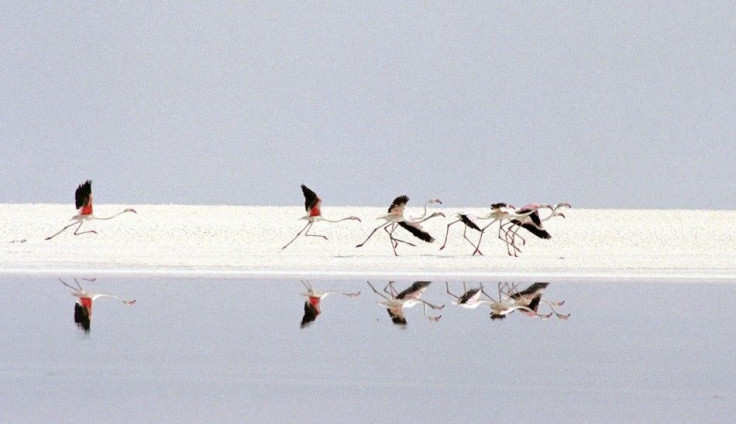Excess Salt Intake Can Kill You

While salt makes food edible and tasty, various studies conducted by researchers from across the globe has revealed that salt is "the single most harmful substance in the food supply".
In a study published by Harvard, researchers collected data from 66 countries and found that excess salt consumption led to 1.65 million deaths annually worldwide. Jerril Rechter, VicHealth CEO, said that a five-year study showed that nearly 120 illnesses can be prevented by reducing the intake of salt.
Studies conducted at various research centers across the world have proven that excess salt intake can be extremely dangerous over a period of time. Speaking about the adverse effect of salt among Australians, Dr. Robert Grenfell, a cardiovascular health director, National Heart Foundation of Australia, said that Australians need to cut down salt intake by 30 per cent to reduce the risk of heart ailments.
Terming heart ailments as "Australia's number one killer", Grenfell said, "Previous research has shown that by reducing our intake of sodium from processed foods by just 15 per cent over 10 years could stop 5,800 heart attacks and 4,900 strokes a year". Genfell remarked that while many people avoid adding salt in their food, they do not realize that canned food, breakfast cereals, bread and pasta sauces that they have in plenty have high doses of salt in it.
According to the American Heart Association and other governmental organizations, Americans must have not more than 2,300 milligrams (mg) of salt daily. In fact, people with high blood pressure must consume only 1,500 mg per day. A high salt diet leaves them vulnerable to strokes, heart ailments and high blood pressure.
The report published in Medical News Today shows the amount of sodium that the average mass consumes on a daily basis. Take a look at some examples below.
- A McDonald's Quarter Pounder with Cheese -- 1,190 mg of sodium.
- A half-cup serving of canned green beans: 400 mg of sodium.
- One Wendy's Chicken BLT salad with no dressing: 1,280 mg of salt
- Salad dressing for the salad: 330 mg of sodium
While it might be difficult to give up all the 'salty' food that is consumed daily, the Texas Medical Association recommends people to cut down on processed food by at least 50 percent that in turn can save 150,000 lives each year.





















